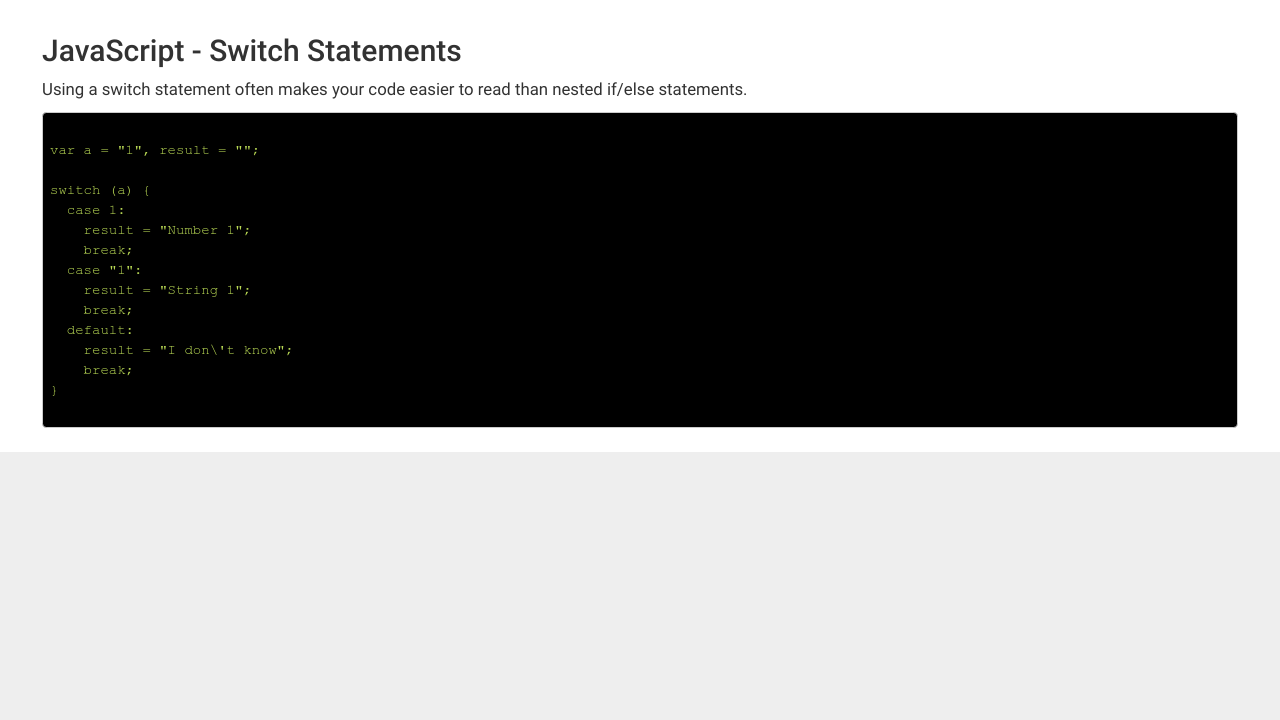

It was then renamed maintained by Matan Noam Shavit

PyPugs was originally created as PyJade by Syrus Akbary in November 2011. Refactored the django tests to actually use the file loader Package is mainly base on the cookiecutter packageĬonditional classes feature (thx to paradoxxxzero) Sorting out old Django version 1.11 and 2.0 are left for travis testingĪdded Makefile for testing, installing, releasing, linting … Loader has been made compatible with django 1.11Ĭlean pipe inserts whitespace This allows for use of a single pipe character on a line to insert a whitespace before or after a tag.įixed build script adding back all internal packages Included encoding detection for template filesįixed documentation for the new translation callįixed wrong exception handling for visitExtendsīetter caching for django template loader The pug is a breed of dog originally from China, with physically distinctive features of a wrinkly, short-muzzled face and curled tail.The breed has a fine, glossy coat that comes in a variety of colors, most often light brown or black, and a compact, square body with well developed and thick muscles all over the body. More details/docs for using pypugjs with jinja2įix specifying attributes without commas. Prevent endless recursion in Django template overriding Mentioning the flask example in the installation section of the docs To start the testsuite, start the following commands: make initĭjango docs: mention not to wrap with django’s caching template loader title PugJS - node template engineĬonverts to "en" > )ĭefine mixins like this mixins/foo.pug: mixin foo(data)Īnd use them in your templates like this: include mixins/foo.pug Head title = pageTitle script( type='text/javascript'). Generally the same as the PugJS Node module (except of cases and several other features, which are not implemented) Any templates with other extensions will not be compiledįramework specific installation instructions Syntax Now simply name your templates with a `.pug` extension and this PugJS compiler To simply output the conversion to your console: pypugjs input.pug INSTALLATION Template-languages (Django, Jinja2, Mako or Tornado). PyPugJS is a high performance port of PugJS for python, that converts any. I will keep the existing non Django stuff inside the project, but I cannot support anything other since I’m not actively using Since starting to work with the jade compiler for node I hate writing HTML and want to continue using it in my Django projects. PyPugJS is a fork of PyJade with the name Jade changed to PugJS.Īdditional disclaimer: Since the original pypugjs died i took the liberty to keep it alive, because


 0 kommentar(er)
0 kommentar(er)
